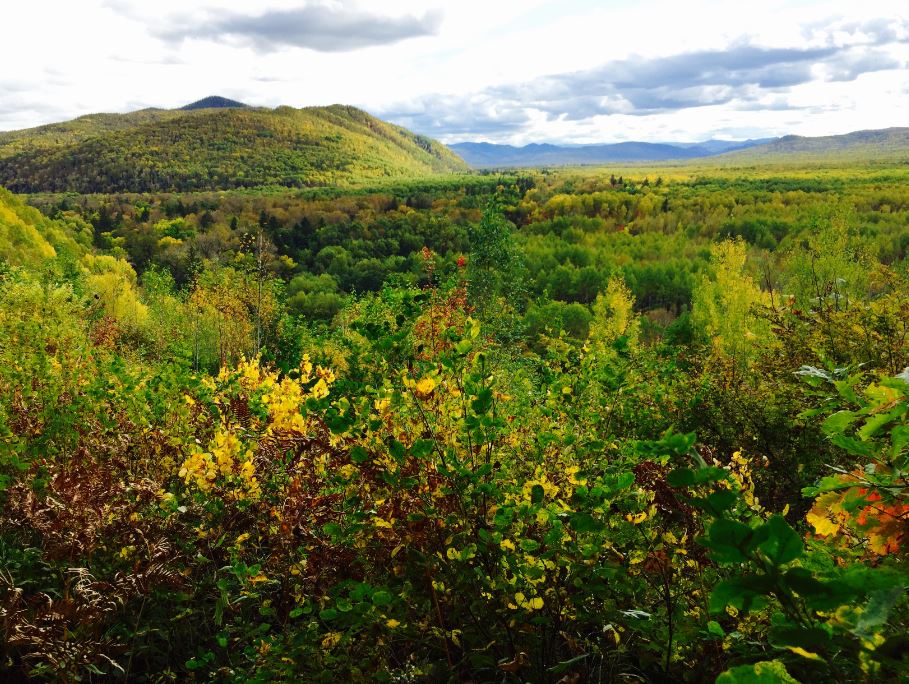Vladimir Putin, the Udege tribe and a battle to save the tigers and people of Russia's Far East
What a new National Park in Siberia could do for the conservationist cause

When Vassily Dunkai, a shaman and friend, was a child in Russia's Far East, he thought that he would take after his father and become a traditional hunter-gatherer. That father would often disappear for a month into the tiaga, or forest, foraging for food and provisions from the banks of the Bikin River. But as a young man Vassily was struck by a sudden terrible pain in his head, so severe that “migraine” was an insufficient description. No doctor could diagnose it. He lived with this throbbing horror for a decade, and tried in desperation to take his own life.
Then he came across a Tibetan lama, who told him he had a shamanic bloodline. From that moment Vassily became a devotee of this new, spiritual craft: a weary village healer, yet without the ascetism of much eastern folklore. He smokes and, swearing in conventional Russian, has a remarkable face that is by turns bewitching and soft.
Today his way of life is under threat. Vassily is part of the Udege tribe, an extraordinary people who live in the Primorsky Krai and Khabarovsk Krai regions, and who probably number not many more than a thousand. Their home is a million hectare territory that contains some of the most beautiful wildlife Russia, and indeed any patch of Earth, can boast - including the very endangered Amur tiger, better known as the Siberian tiger, of which perhaps only a few hundred are left.
The beautiful wilderness of Siberia
Show all 12Rapid industrialisation centred on Vladivostok, the regional capital, has encroached on this precious wilderness. Logging, intensive farming and other exploitation of its natural resources, including rare herbs and rich soils that sustain their fertility despite the harshness of Russian winters, have made this place ripe for the urban invaders. The Udege occupy a diminishing land; and the Amur tigers, with which they have long and peacefully co-habited, may soon be gone forever. The Udege believe the latter to be God’s messengers: beautiful, feline emissaries from heaven. It’s not so much a question mark that hangs over both, but an axe.
There is hope. Vladimir Putin has personally said that he wishes to turn those million hectares into a National Park, preserving a way of life advanced in custom, ritual and habit that is part of Russia's complex ancestry, albeit one little understood by the West. If the National Park materialises, it could be Russia's best and most vital contribution to the conservationist cause, keeping both the Udege and the tiger in health for future generations.
"If this place and its tigers can be protected by National Park status," Pavel Fomenko, a scientist now working for the World Wildlife Fund, told me, "I can die happy.”
Subscribe to Independent Premium to bookmark this article
Want to bookmark your favourite articles and stories to read or reference later? Start your Independent Premium subscription today.

Join our commenting forum
Join thought-provoking conversations, follow other Independent readers and see their replies